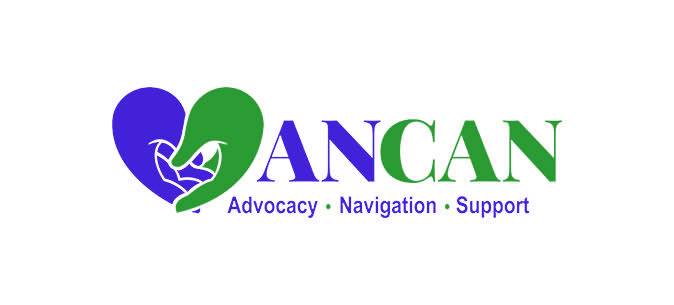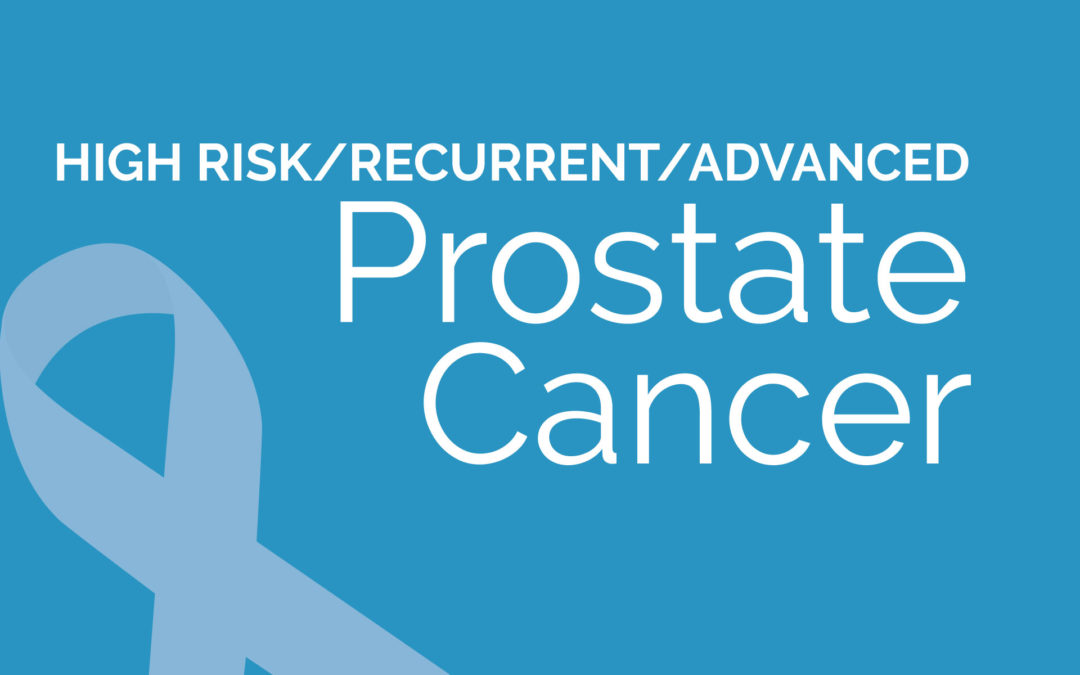
Concerns about drug supply chain disruptions addressed by FDA
The coronavirus outbreak has many patients worrying about whether they will be able to continue receiving their medications. The FDA is actively working on ensuring that this doesn’t happen and while they have already made some progress, they will continue to take additional measures. You can read the latest FDA Supply Chain Update in its entirety here.
The information below represents the more salient points of that update, IMO:
Since January 24, the FDA has been in touch with more than 180 manufacturers of human drugs, not only to remind them of applicable legal requirements for notifying the FDA of any anticipated supply disruptions, but also asking them to evaluate their entire supply chain, including active pharmaceutical ingredients (the main ingredient in the drug and part that produces the intended effects, e.g., acetaminophen) and other components manufactured in China.
Also, as part of our efforts, the FDA has identified about 20 other drugs, which solely source their active pharmaceutical ingredients or finished drug products from China. We have been in contact with those firms to assess whether they face any drug shortage risks due to the outbreak. None of these firms have reported any shortage to date. Also, these drugs are considered non-critical drugs.
The FDA is using all our existing authorities to address COVID-19, and we welcome the opportunity to work with Congress to further strengthen our response capabilities and emergency preparedness. There are four specific proposals included in the President’s budget that would better equip the FDA to prevent or mitigate medical product shortages.
- Lengthen Expiration Dates to Mitigate Critical Human Drug Shortages: Shortages of certain critical drugs can be exacerbated when drugs must be discarded because they exceed a labeled shelf-life due to unnecessarily short expiration dates. By expanding the FDA’s authority to require, when likely to help prevent or mitigate a shortage, that an applicant evaluate, submit studies to the FDA, and label a product with the longest possible expiration date that the FDA agrees is scientifically justified, there could be more supply available to alleviate the drug shortage or the severity of a shortage.
- Improve Critical Infrastructure by Requiring Risk Management Plans: Enabling the FDA to require application holders of certain drugs to conduct periodic risk assessments to identify the vulnerabilities in their manufacturing supply chain (inclusive of contract manufacturing facilities), and develop plans to mitigate the risks associated with the identified vulnerabilities would enable the FDA to strengthen the supply chain by integrating contingencies for emergency situations. Currently, many medical product manufacturers lack plans to assess and address vulnerabilities in their manufacturing supply chain, putting them, and American patients, at risk for drug supply disruptions following disasters (e.g., hurricanes) or in other circumstances.
- Improve Critical Infrastructure through Improved Data Sharing and Require More Accurate Supply Chain Information: Empowering the FDA to require information to assess critical infrastructure, as well as manufacturing quality and capacity, would facilitate more accurate and timely supply chain monitoring and improve our ability to recognize shortage signals.
- Establish Reporting Requirements for Device Manufacturers: The FDA does not have the same authorities for medical device shortages as it does for drugs and biological products. Among other things, the FDA proposes to require that firms notify the agency of an anticipated meaningful interruption in the supply of an essential device; require all manufacturers of devices determined to be essential to periodically provide the FDA with information about the manufacturing capacity of the essential devices they manufacture

